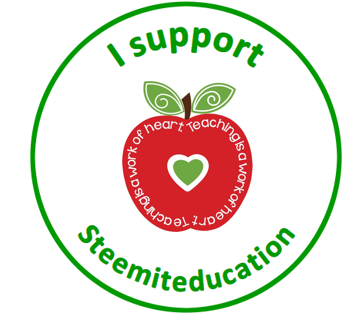Icy landscapes - Information and activity for learners
Yesterday we learned a little about 'rocky landforms'. We have determine that different places have different features and rocks. This is called the 'landscape'.
Another type of landscape is where most parts are covered by ice. The shape of the rock are influenced and form by glaciers moving over them.
Lets have a look at what you can expect to see and learn in this specific area.
Areas that are covered with ice are found on about 10% of Earth and this can be in the form of 'glaciers', 'ice sheets' and 'ice caps'.
A glacier is a big (very big) amount of snow, that moves very slowly from one place to another - it will often take the shape of a river. It will form in areas where snow falls but do not melt. The snow will be 'pressed together' over time and form ice. This will start getting to heavy and slowly start moving down the mountain.
A glacier has different parts.
An ice sheet is like a blanket. It covers everything, even mountains in a thick layer of ice.
Because of the melting of the ice and the movement of it, erosion takes place and this causes other land forms
There are different types of erosion -
- The one is called 'plucking' which means that some of the ice from the glacier will melt, it will then move past rocks and freeze against the rock - now when the glazier move, it will 'pluck' away parts of the rock.
- The other way is 'abrasion' and that means that the ice will move over the rock and it will take little parts with it.
- Have a look at the video of the different erosion that can take place.
- Create your own mind map with the information you gather
- Depending on the type of erosion, it will form a specific landform. You do not have to know the names of these landforms or how they are formed, but you can go and find pictures of each that you can see what it looks like.
Cirque: Starting location for mountain glaciers
Cirque stairway: a sequence of cirques
U-shaped or trough valley: U-shaped valleys are created by mountain glaciers. When filled with ocean water so as to create an inlet, these valleys are called fjords.
Arête: spiky high land between two glaciers, if the glacial action erodes through, a spillway (or col) forms.
Valley step: an abrupt change in the longitudinal slope of a glacial valley
Enrichment
- You are going to build a model of a glacial landform. You can use any material you want and if you do not want to make a 3D model, you can also create a poster.
- On this poster/model you need to show the different landforms that you have read about as will as at least two types of erosion taking place - make sure you label it correctly and visible. (nobody can read a name as big as an ant)
- Take your time in planning it and have fun doing it. You can even find videos and see how you can make 'snow'. Use your imagination and come up with an interesting project

